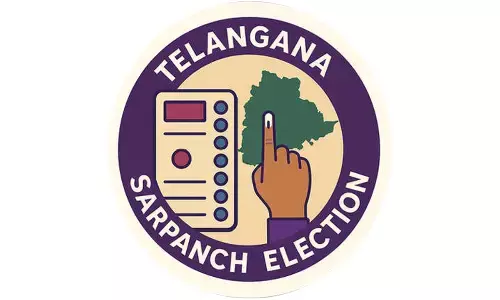New drug to stop deadly brain cancer from worsening shows promise

The first clinical trial analysing a targeted therapy drug specifically developed to treat deadly brain cancer has shown that it can extend the amount of time people with glioma are on treatment without their cancer worsening.
The first clinical trial analysing a targeted therapy drug specifically developed to treat deadly brain cancer has shown that it can extend the amount of time people with glioma are on treatment without their cancer worsening.
The finding suggests a possible new treatment option for people with the slow-growing but deadly brain tumour.
Researchers from the University of California-Los Angeles found the drug vorasidenib, manufactured by French drug company Servier Pharmaceuticals, more than doubled progression-free survival in people with recurrent grade 2 glioma.
Compared with people who received a placebo, people who took vorasidenib went for nearly 17 more months without their cancer worsening, delaying the time before they needed to begin chemotherapy and radiation.
The results of the trial were published in the New England Journal of Medicine and were also presented at the ongoing annual meeting of the American Society Clinical Oncology in Chicago, US.
The type of glioma studied in the paper, recurrent grade 2 glioma with IDH1 and IDH2 mutations, tends to affect younger people, often those in their 30s.
The current standard treatment, a combination of radiation and chemotherapy, can cause neurological deficits that make it hard for patients to learn, remember new things, concentrate or make everyday decisions -- all of which can be especially challenging for people who have young families or are in the early years of their professional lives.
According to Dr Timothy Cloughesy, Professor of neuro-oncology at the David Geffen School of Medicine at UCLA, the availability of a treatment that enables patients to go for longer periods of time between chemotherapy and radiation treatments could have a major impact.
"We're always concerned about the delayed effects of radiation," said Cloughesy. "Having the ability to hold off on getting radiation therapy to the brain with effective therapy is really critical and very meaningful to this population of patients."
Vorasidenib is a brain-penetrant inhibitor, which means that it has the ability to cross the blood-brain barrier. The drug has not yet been approved by the US FDA for clinical use.
The study involved 331 people aged 12 and older who had been diagnosed with recurrent grade 2 glioma with the IDH1 and IDH2 mutations and who had undergone brain tumour surgery. From that group, 168 were randomly assigned to receive vorasidenib and 163 received placebos.
The disease progressed in just 28 per cent of people receiving vorasidenib, compared to 54 per cent of those receiving placebos. And as of September 2022, which was 30 months after the study began, 72 per cent of patients who were in the vorasidenib group were still taking the drug and their disease had not progressed.
"This is the first targeted treatment that shows unequivocal efficacy in this population and is precedent-setting for this disease," Cloughesy said.

















